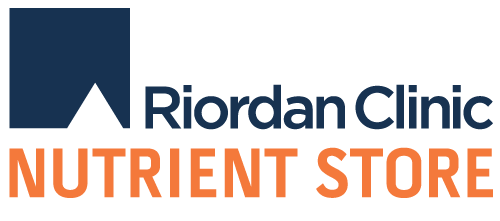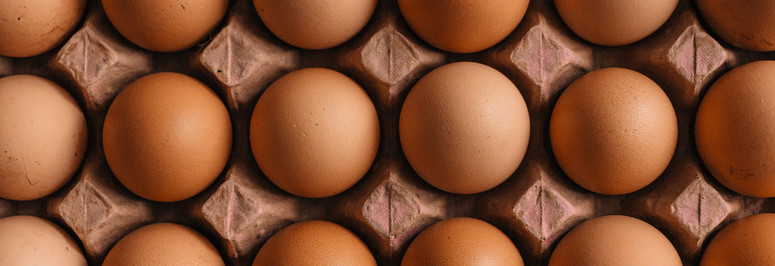Know Your Nutrients: Zinc and Fertility
Posted by Amanda Hawkinson on Jun 17th 2012
As one of the most studied nutrients when it comes to fertility, zinc is an essential component of genetic material. Having a deficiency in zinc can cause chromosomal changes in either partner, which in turn causes reduced fertility and greater risk of miscarriage.
WHAT IS ZINC?
Zinc is an essential mineral that your body uses in a variety of ways. It is needed daily to replenish your body’s supplies. Zinc is found in every cell of your body. It helps in the production of DNA and in wound healing, and it helps your immune system, among others. It also directly affects your fertility.
Zinc provides support to balance blood sugar. When the body is low or deficient in this mineral, the body’s insulin response slows, which makes our blood sugar harder to stabilize. This is extremely important for those with hormone balance issues.
For women, zinc is important in helping the body to utilize the reproductive hormones, estrogen and progesterone. A lack of zinc can lead to hormone imbalance, abnormal ovarian development, and menstrual irregularity. When your body is low in zinc, it also inhibits the metabolism of protein, which in turn lowers egg quality.
For a man, zinc has a great impact on sperm count because it is found in high concentrations in sperm. It is especially needed to make the outer layer and the tail of the sperm.
Regrettably, the body does not store zinc well so frequent consumption is necessary. The best ways to get zinc naturally are to eat plenty of:
• beef, venison, and poultry
• eggs
• whole grains
• whole fat dairy products
• seeds like sunflower and pumpkin
• molasses and maple syrup
The FDA recommends only 11 mg for men and 8 mg of Zinc for women. However, these amounts may be too low to help boost fertility and may only work well for those who already have an ample supply of zinc. For boosting fertility, amounts anywhere from 25 mg to 50 mg per day can be necessary. Please know that long term use above 40 mg has been shown to cause deficiencies in other minerals (like copper). As with any supplement regimen, consult your doctor before you commit to anything.
A diet full of whole foods can supply the body with vitamins and minerals, but if your intake is not sufficient, discuss options with your healthcare provider. For more information, visit the Riordan Clinic website at www.riordanclinic.org.

